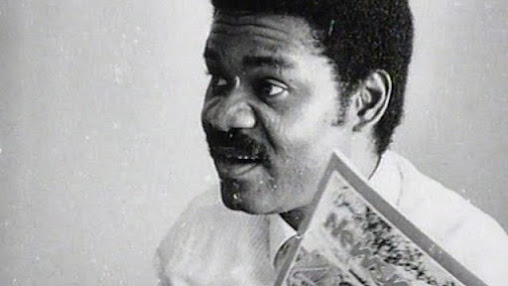By Olufemi Aduwo
There is no democratic or constitutional argument against Alhaji Atiku Abubakar’s right to seek the office of the President of Nigeria. In a republic governed by law rather than sentiment, political ambition does not expire with age and the ballot remains open to all who meet the formal requirements.
*AtikuAtiku may, if he so desires, contest for office even at the age of one hundred. That, however, is not the question confronting Nigeria as 2027 approaches. The real issue is not eligibility, but judgement; not entitlement, but wisdom; not ambition, but its consequences for national cohesion. Politics, as Edmund Burke reminded us, is a discipline of discernment rather than dogma. Rights may be absolute, but their exercise is always conditioned by circumstance.




















